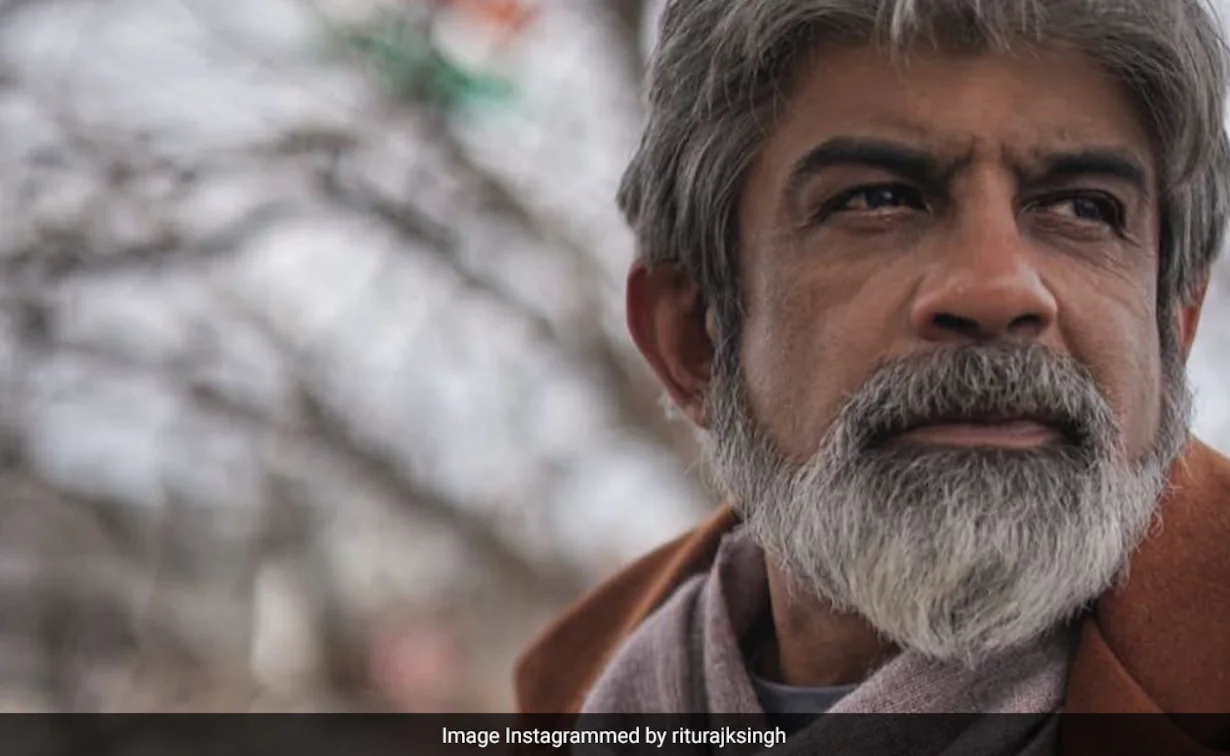In a tragic turn of events, the beloved veteran actor Rituraj Singh passed away at the age of 59, succumbing to a cardiac arrest. This unforeseen loss has not only left the entertainment industry in mourning but also raised awareness about the severity of cardiac health issues. Let’s delve deeper into the intricacies of cardiac arrest, its causes, symptoms, and preventive measures.
The Untimely Demise of Rituraj Singh
On a fateful Tuesday, Rituraj Singh, known for his remarkable contributions to both movies and television shows, breathed his last after suffering from a sudden cardiac arrest. His demise sheds light on the critical importance of understanding and addressing cardiac health issues promptly.
A Battle with Pancreatic Disease
Aside from battling cardiac ailments, Rituraj Singh had also been grappling with pancreatic illness. This dual health challenge underscores the complexity and interconnectedness of various medical conditions, emphasizing the need for comprehensive healthcare strategies.
Understanding Cardiac Arrest
Defining Cardiac Arrest
Cardiac arrest is characterized by a sudden and unexpected cessation of heart function. It occurs when the heart’s electrical system malfunctions, leading to ineffective heartbeats. Without immediate treatment, cardiac arrest can result in fatalities.
Insights from Medical Experts
According to Dr. Srinivasa Prasad B V, a Consultant in Interventional Cardiology at Fortis Hospital, Bengaluru, cardiac arrest is a dire medical emergency that necessitates prompt intervention to prevent adverse outcomes.
Causes of Cardiac Arrest
Role of Coronary Artery Disease (CAD)
Coronary artery disease (CAD) stands as the primary cause of cardiac arrest. This condition involves the narrowing of arteries that supply blood to the heart, often leading to acute heart attacks or dangerous arrhythmias.
Identifying Risk Factors
Dr. Vivek Chaturvedi, Head of the Department of Adult Cardiology at Amrita Hospital, Faridabad, highlights various risk factors associated with cardiac arrest. These include smoking, high blood pressure, diabetes, high cholesterol, obesity, and genetic predispositions.
Symptoms and Warning Signs
Recognizing the Red Flags
It’s crucial to be vigilant of warning signs that may indicate an impending cardiac arrest. Symptoms such as chest pain, shortness of breath, dizziness, and fainting spells should never be ignored and warrant immediate medical attention.
Preventive Measures
Prioritizing Cardiac Health
Prevention is paramount when it comes to cardiac health. Adopting a heart-healthy lifestyle, which includes regular exercise, a balanced diet, smoking cessation, and stress management, can significantly mitigate the risk of cardiac arrest.
The passing of Rituraj Singh serves as a poignant reminder of the fragility of life and the importance of prioritizing cardiac health. By understanding the causes, symptoms, and preventive measures associated with cardiac arrest, we can take proactive steps to safeguard our well-being and longevity.




